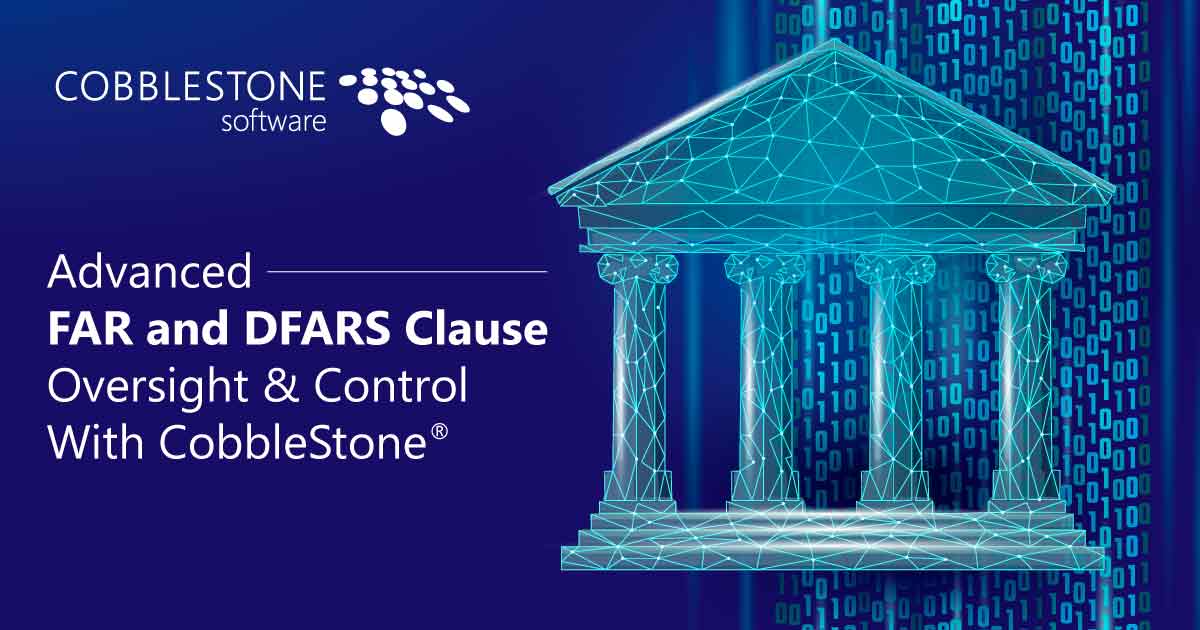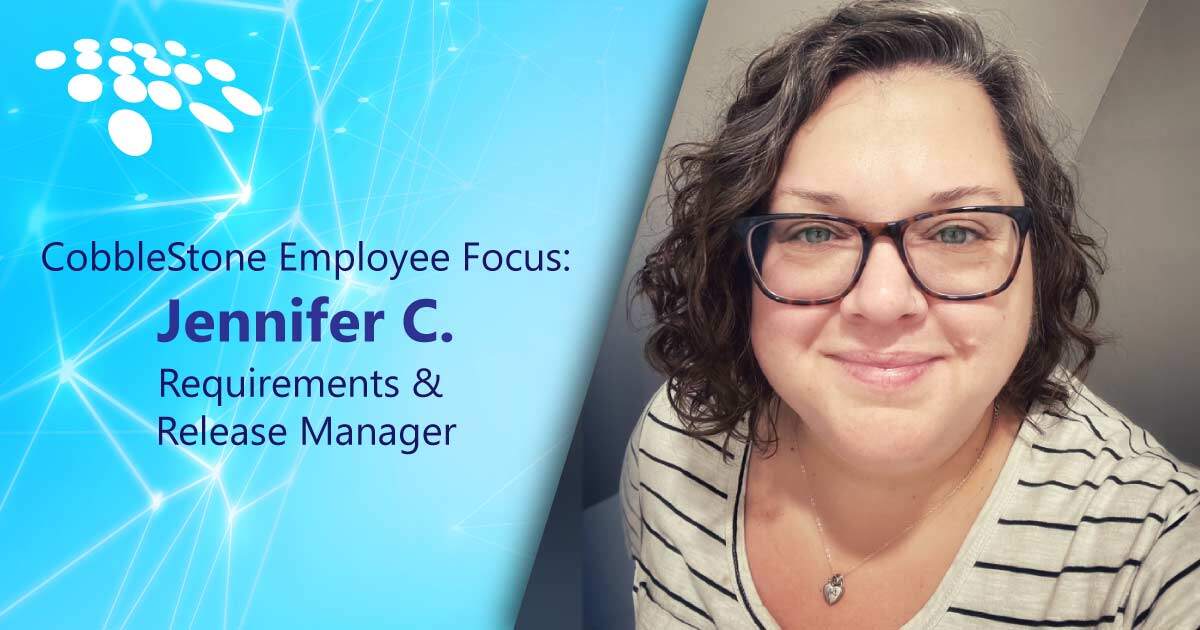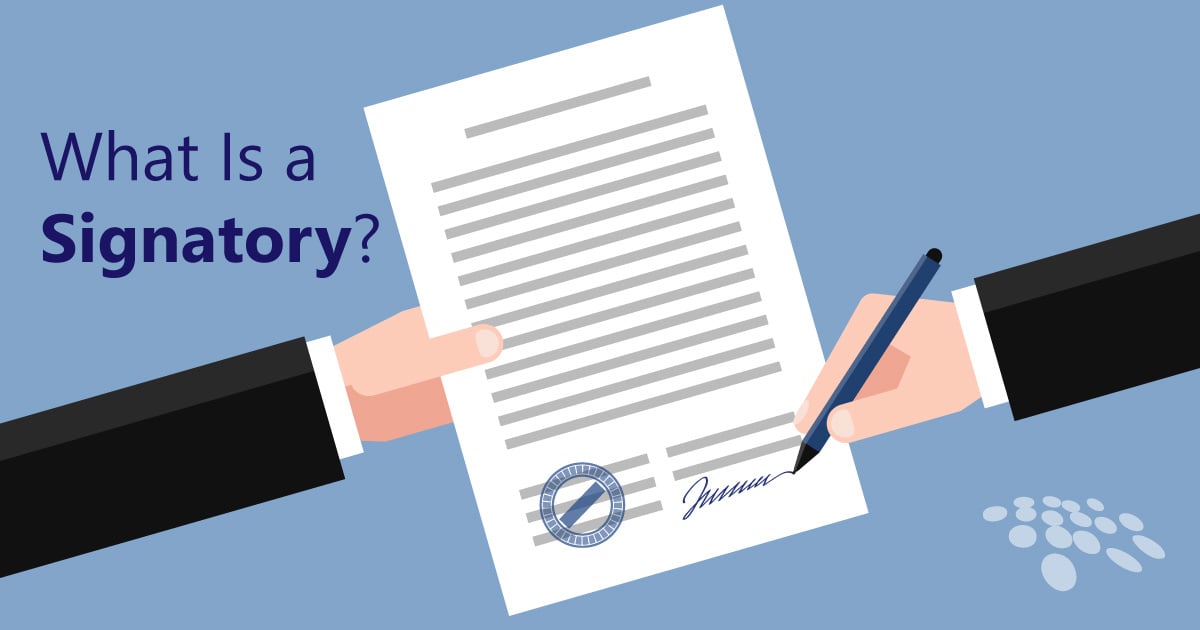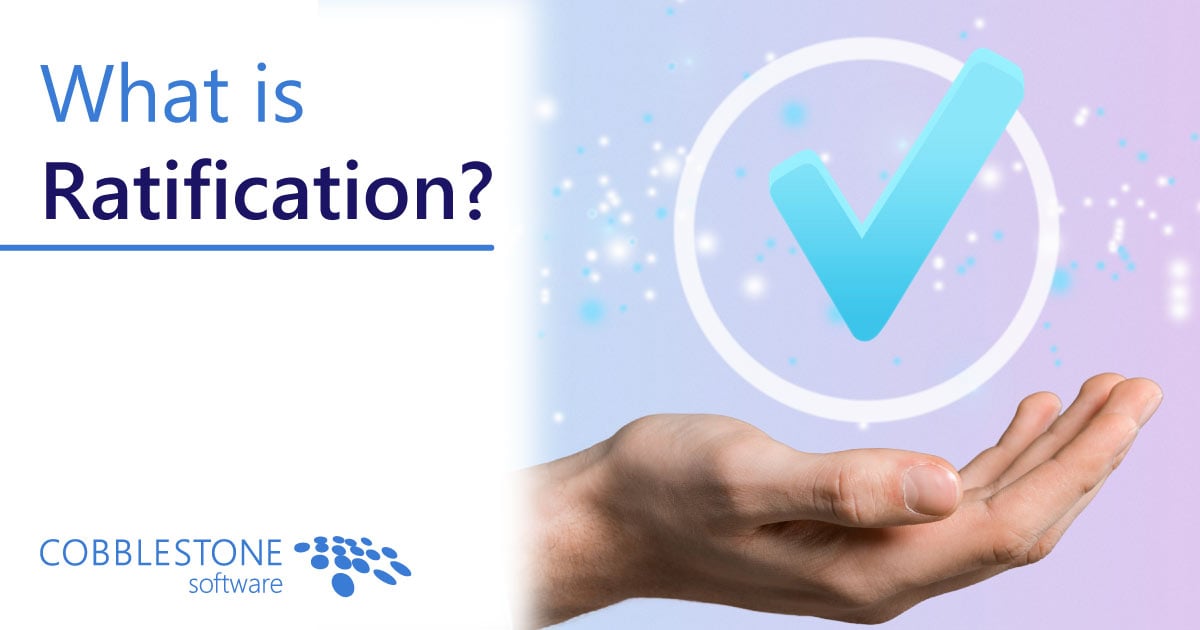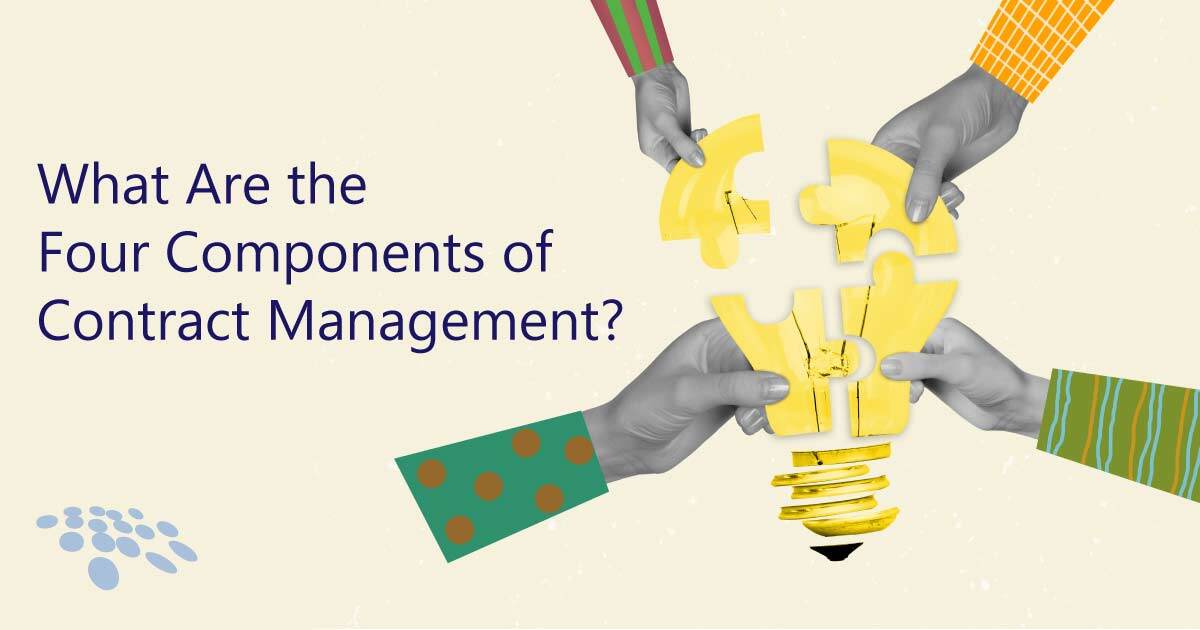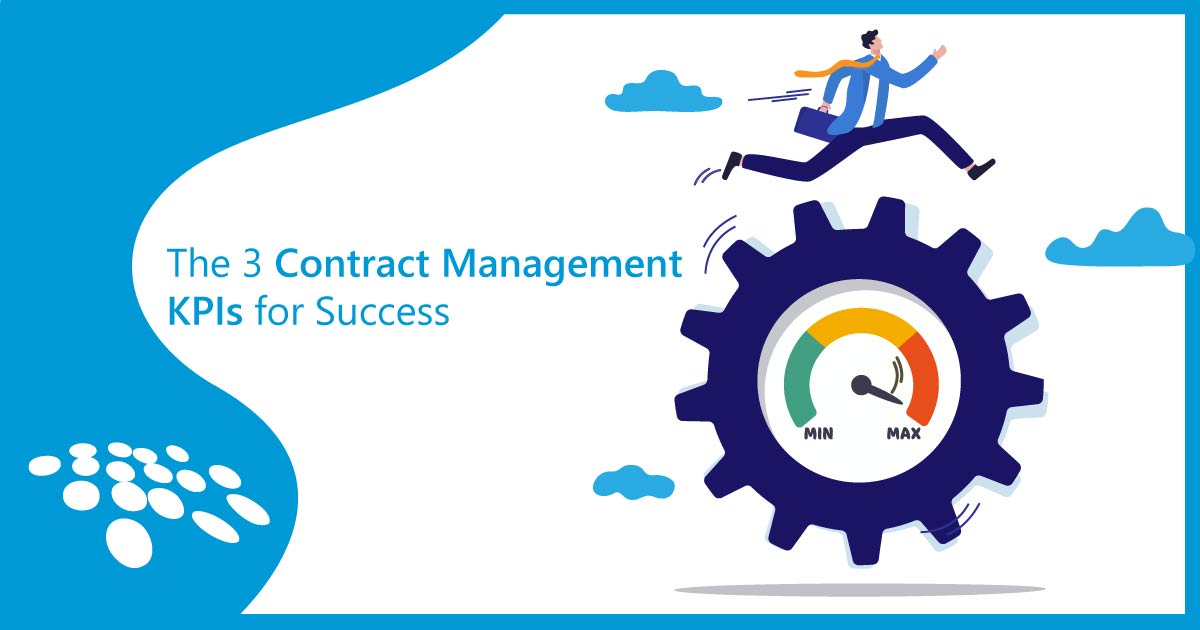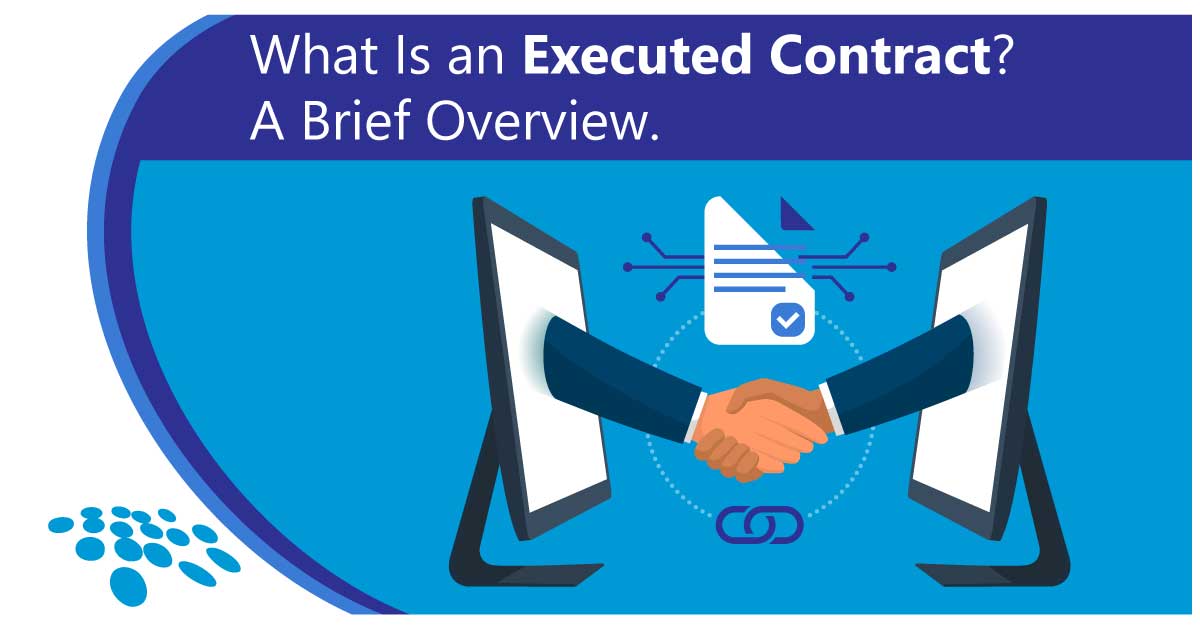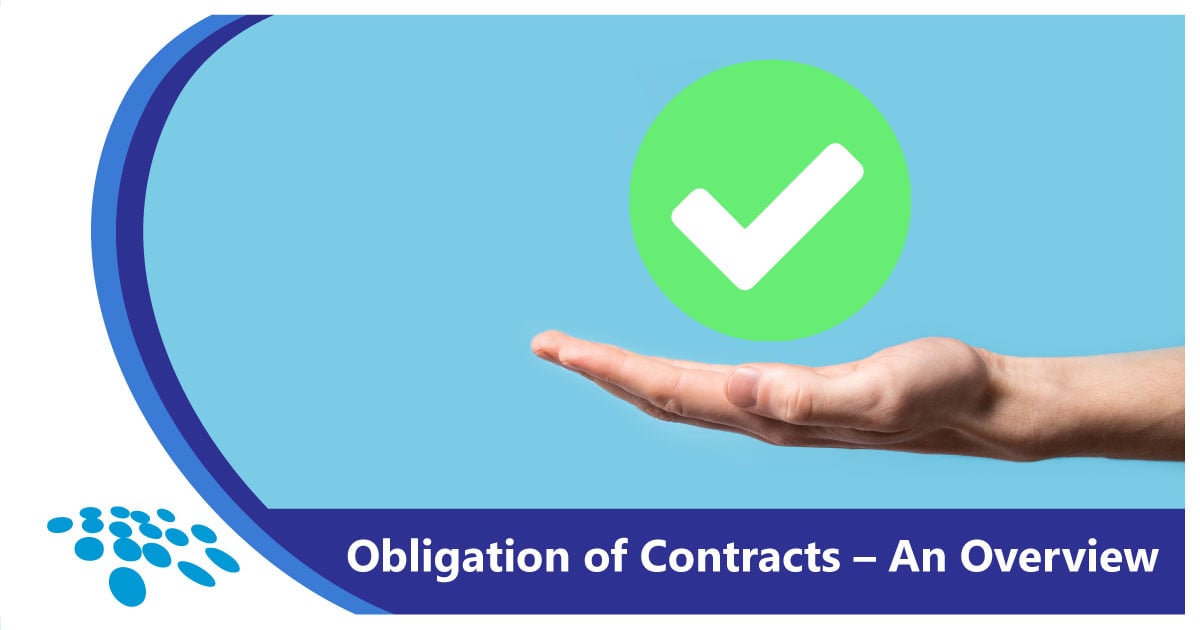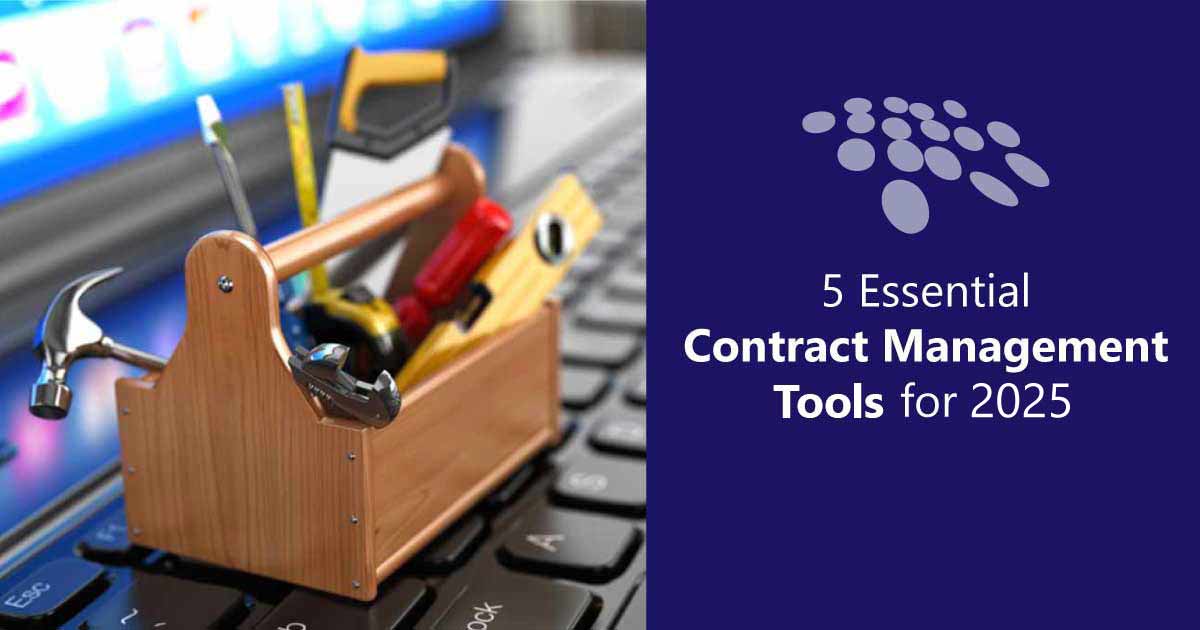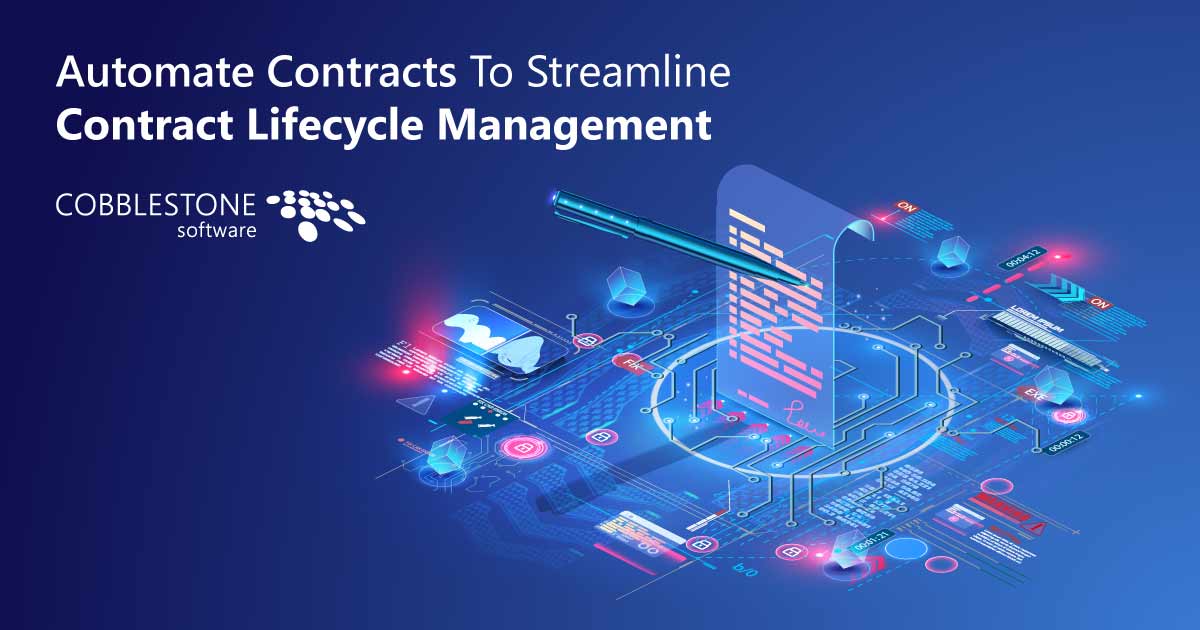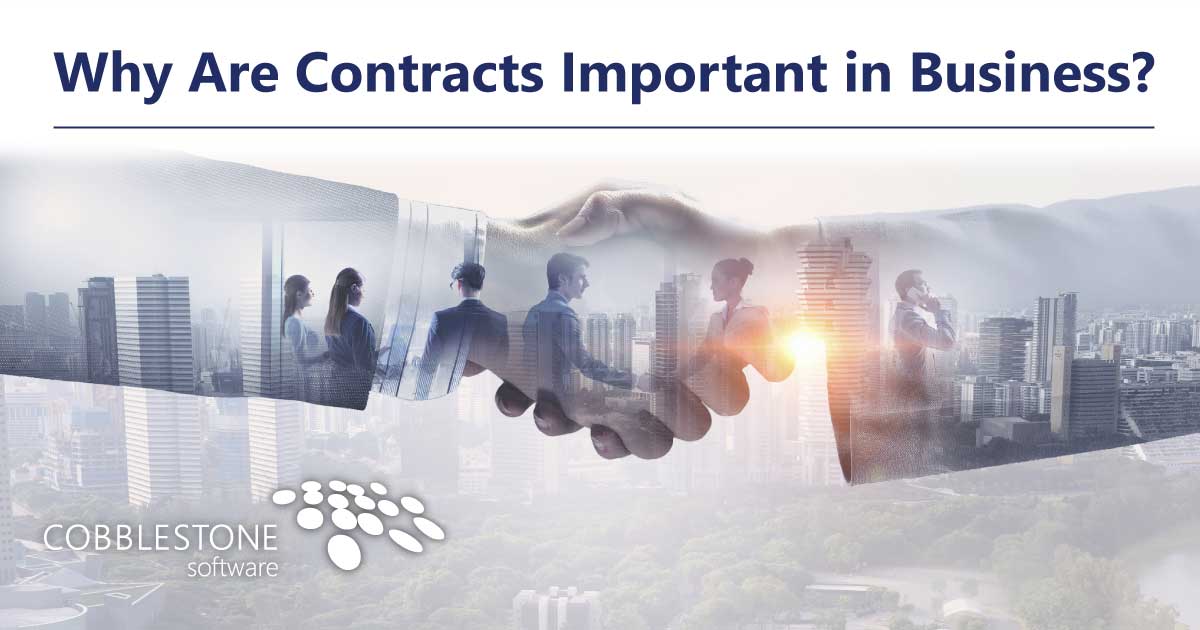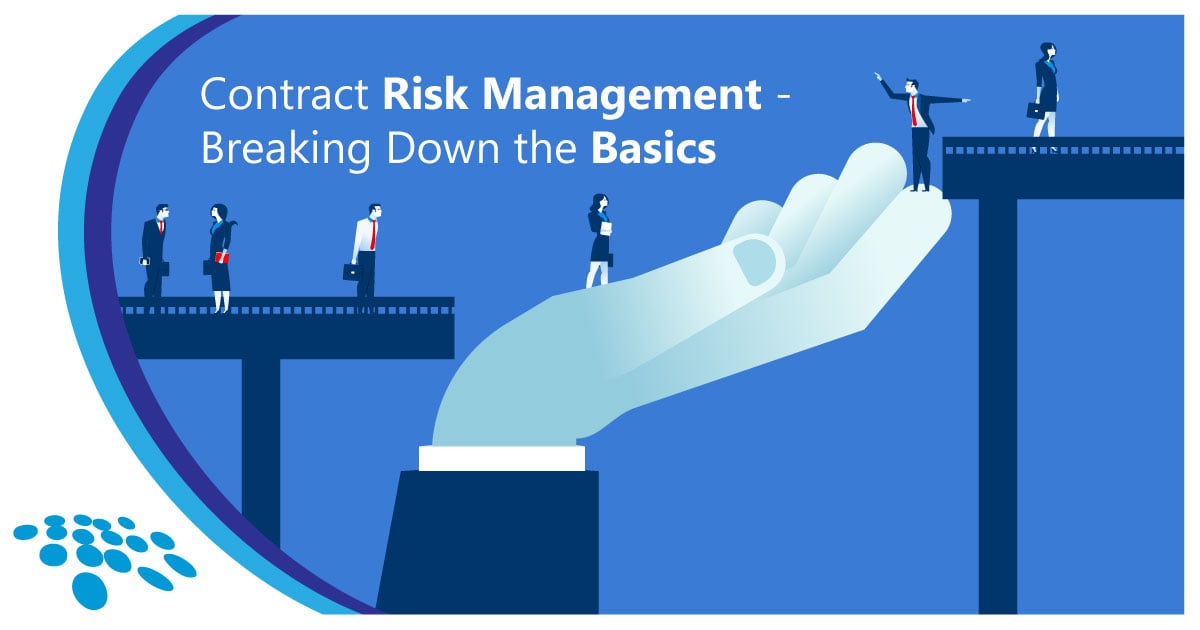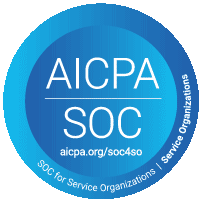
With advancements in automation tools and digitization, the overall modern business environment is fast, to say the least. Legal operations are no exception to this need for expediency. Luckily, contract lifecycle management (CLM) software has skyrocketed in usage as a powerful solution for streamlining the entire contract management process - from drafting to execution and renewal. Organizations considering contract lifecycle management software need to diligently review CLM software offerings to find the solution that best fits their specific needs. To that end, this quick buyer’s guide aims to support organizations in the consideration phase.
Step 1: Understand Contract Lifecycle Management
Contract lifecycle management (CLM) is the process of drafting, negotiating, signing, reviewing, and (if applicable) renewing a contract with a CLM software solution. The “lifecycle” paradigm visualizes and conceptualizes a contract’s journey. Successful CLM is the realization of a centralized and efficient contract management process that saves time, reduces costs, and
minimizes risks.
Step 2: What Is Your Goal? What Benefits Do You Seek?
Now that you understand the basic concept of CLM, you need to consider what you are looking for in a contract management software solution. Some of the main CLM software benefits organizations across many industries look for are:
- increased efficiency and productivity.
- improved contract visibility and control.
- enhanced compliance and risk management.
- cost savings and ROI.
Step 3: Decide on the Key Features You Should Prioritize
To realize the benefits you have decided on for step 2 (above), the logical next step is to decide on the features you need to accomplish those goals. During your evaluation, consider these key features.
- AI-Enabled Contract Creation & Authoring
- A Secure & Searchable Contract Repository
- Workflow Automation & Collaboration
- Visually Engaging Dashboard Analytics & Comprehensive Reporting
- Swift & Straightforward Third-Party Integration Capabilities
- Native Artificial Intelligence With Machine Learning
Step 4: Factors to Consider
When selecting a CLM provider, the following key factors should be at the top of your mind.
- Scalability & Flexibility: Ensure the CLM solution can handle a growing number of contracts, contract types, and users without compromising performance.
- Security & Data Privacy: Make sure the CLM software provider follows industry-standard security practices, such as data encryption, access controls, and regular security audits.
- Pricing & Licensing Models: Evaluate whether the pricing structure aligns with your budget and whether the licensing model suits your needs.
- User-Friendliness & Ease of Implementation: Consider the implementation process and its ease, including data migration and integration requirements, to ensure a smooth transition without delays.
- Customer Support & Training: Look for training materials and responsive customer support to any issues or questions that may arise.
- CLM Provider Experience: You don't want to choose a CLM software newcomer with no experience or one that has consistently been poorly evaluated.
Step 5: You Need to Learn More About the Selection Process
The header above says it all. This quick guide has been a great start, but it's not enough for you to perform your due diligence for such a consequential investment. As such, you must read our more comprehensive and FREE buyer's guide for contract lifecycle management software.
*Legal Disclaimer: This article is not legal advice. The content of this article is for educational purposes only. The information on this website may not present the most up-to-date legal information. Readers should contact their attorney for legal advice regarding any particular legal matter.





